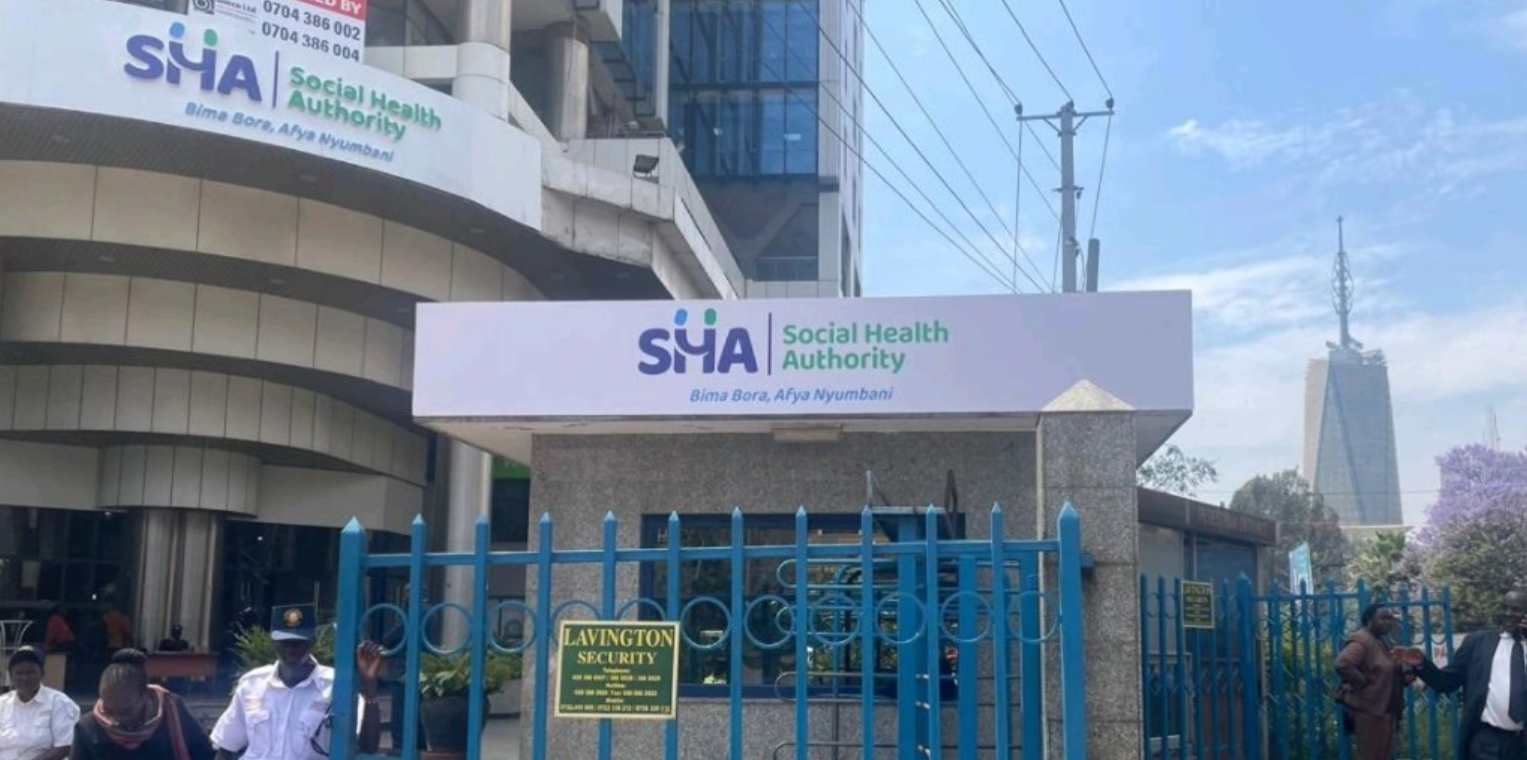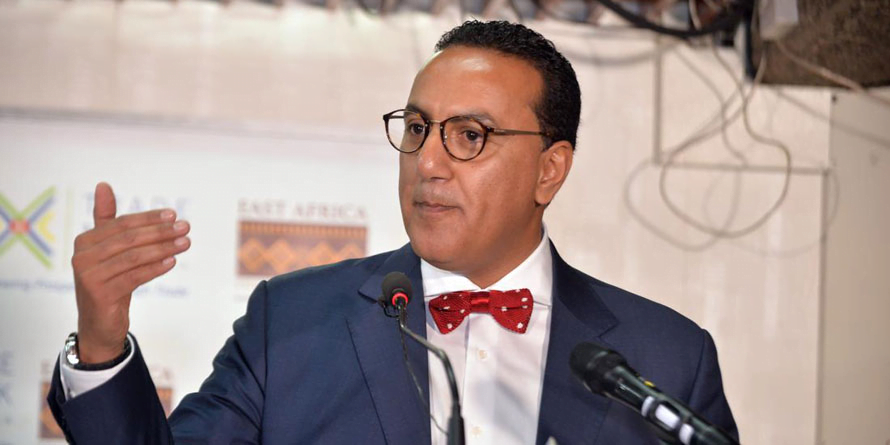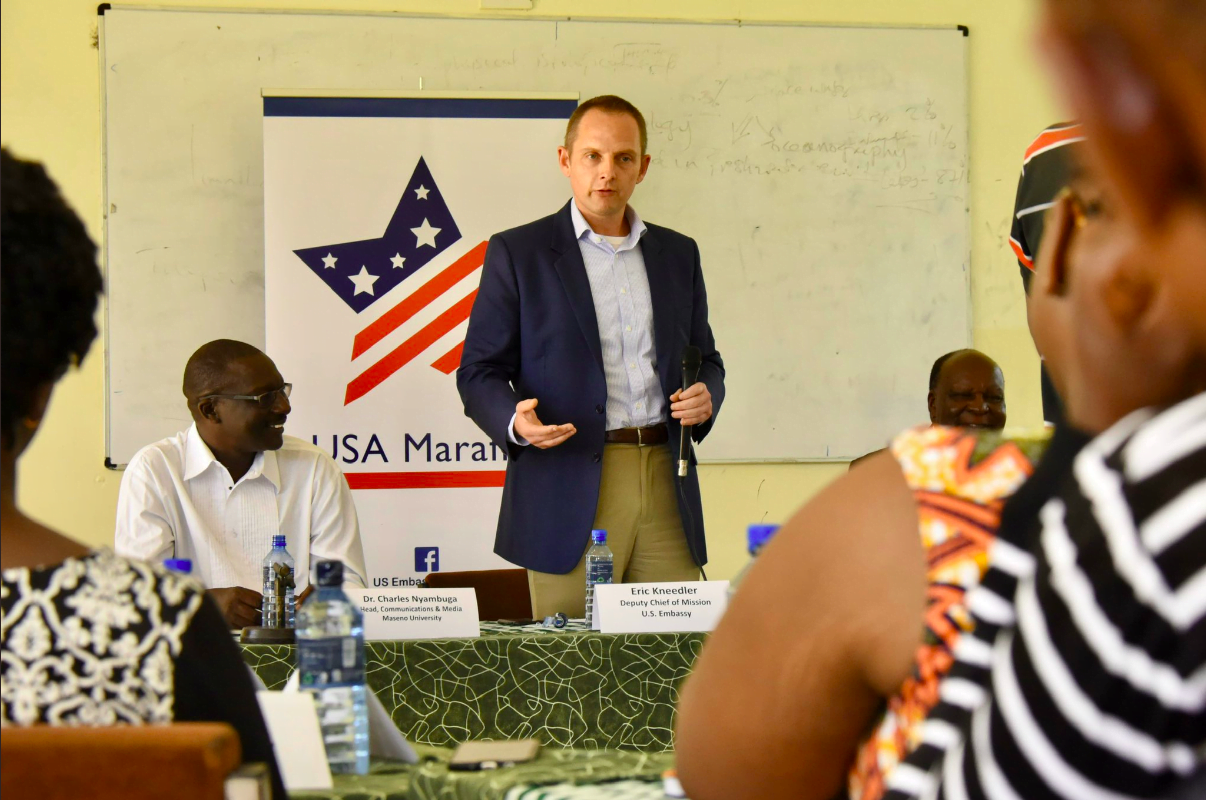A new World Bank report has raised serious red flags over Kenya’s Social Health Insurance Fund (SHIF), a central pillar in President William Ruto’s Universal Health Coverage (UHC) agenda.
The international lender has urged the government to rethink both the rollout and funding strategy of SHIF, warning that the program is not only underfunded but also unfairly burdens low-income earners.
In a country dominated by informal jobs and rising debt levels, experts now question whether SHIF is financially sustainable or socially just in its current form.

World Bank Warns of Major SHA Funding Gaps in SHIF Rollout
The World Bank’s Public Finance Review (PFR), released on May 27, paints a bleak picture of Kenya’s healthcare financing future. The report predicts that SHIF will raise only Ksh67 billion annually, less than half of its Ksh157 billion target. This huge shortfall exposes severe SHA funding gaps, threatening the sustainability of the entire health insurance system.
The report highlights that relying heavily on contributions from workers in a largely informal economy is unrealistic. The World Bank recommends that the government exempt low-wage earners in the formal sector from SHIF contributions.
This move, it says, would reduce stress on the job market and encourage more workers to enter the formal sector. It would also give the government space to directly fund healthcare for the poor and informal workers using the national budget.
The Bank did not stop there. It called for a full budgetary commitment to the Primary Health Care Fund (PHCF) and the Emergency, Chronic and Critical Illness Fund (ECCIF). These two key funds are supposed to support the backbone of the UHC system but are at risk of underfunding due to reduced donor support.
Government Urged to Shift Focus to Equity and Efficiency
Equity in healthcare remains a major concern. The World Bank wants the Kenyan government to concentrate SHIF collections on formal sector workers. For informal workers and vulnerable groups, the Bank suggests direct government subsidies. This, it says, will ensure that everyone — not just the salaried few — can access critical healthcare.
The report also recommends better targeting of public health investments. Programs previously supported by the US government and Gavi, such as immunization drives and HIV/AIDS care, need immediate attention. With donors pulling out faster than expected, Kenya must plug the gap to prevent a collapse in essential services.
To improve efficiency, the World Bank urges reforms in health system governance. Hospitals should get more autonomy, counties and national agencies must coordinate better, and KEMSA should handle pooled procurement to cut costs and prevent shortages. The SHIF benefits package should also be aligned with available resources to avoid overpromising and underdelivering.
Debt Pressures Threaten Healthcare Plans
Beyond healthcare, the report sounds a louder alarm on Kenya’s worsening fiscal position. Public debt has hit 68 percent of GDP, and nearly a third of tax revenue goes into paying interest alone. The World Bank says that despite small gains in economic performance, Kenya’s financial health remains fragile due to low revenue, slow growth, and high borrowing.
This weak fiscal base raises real concerns about whether Kenya can afford to fund ambitious health reforms like SHIF. With pressure mounting from international lenders and citizens alike, the government may have to make difficult choices on which programs to fund and how.
The message is clear: Kenya’s SHIF project is in danger unless bold policy changes are made. Without fixing the SHA funding gaps, exempting low-income earners, boosting public funding, and streamlining governance, the dream of universal health coverage could collapse under its own weight.











































